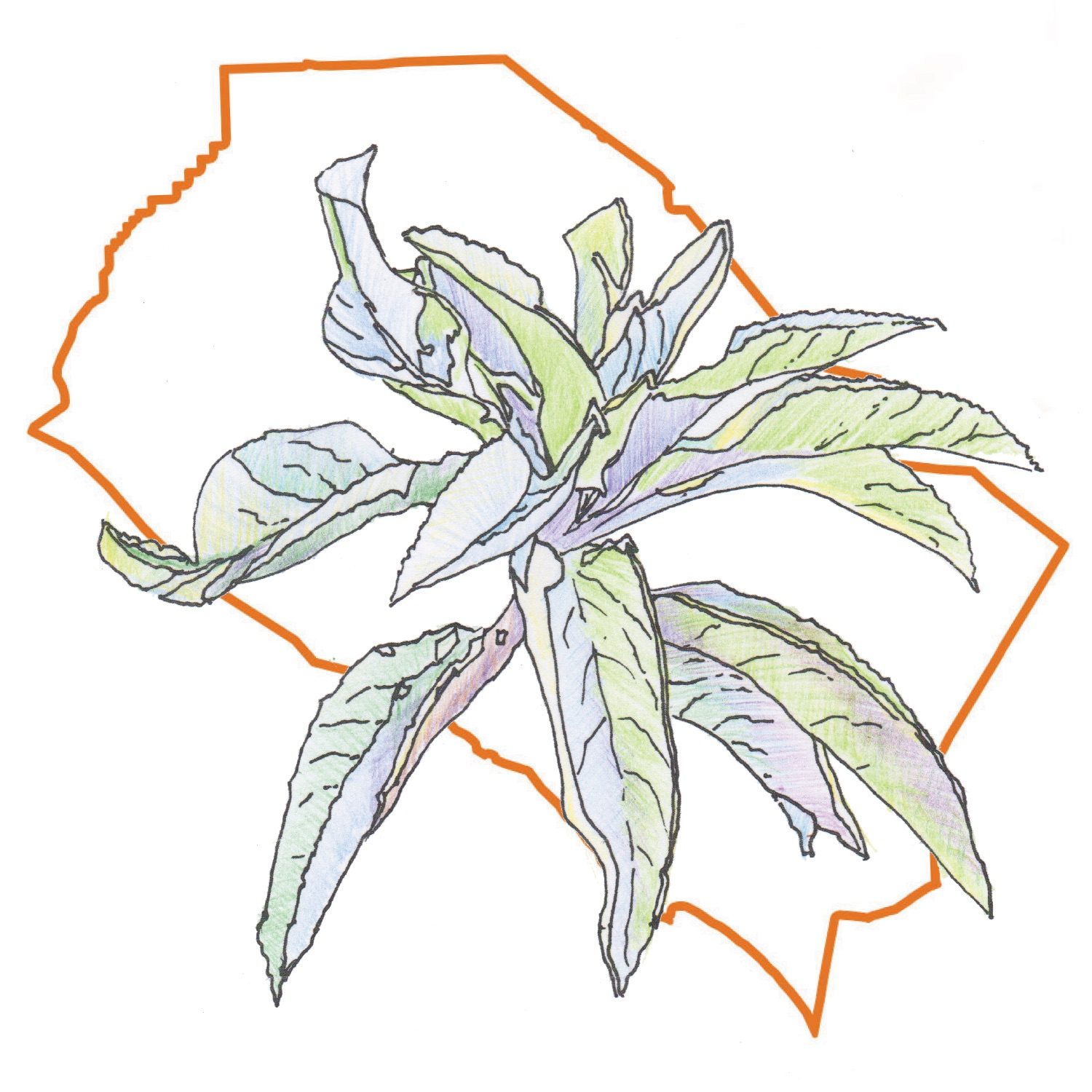Milkweed is a flowering plant named after a milky latex substance that is exuded when the plant tissues are damaged. Milkweed’s scientific name (genus) is Asclepias, named after Asclepius, the Greek god of medicine.

Milkweed is the host plant for monarchs because the caterpillars rely solely on milkweed for food.
The latex in milkweed plants contains cardenolide, a substance that can be toxic if ingested by humans and some animals. It has a bitter taste that most animals will avoid.

When monarch caterpillars eat milkweed, they ingest some cardenolide, which gives them a protective advantage from predators. If a bird tries to eat a monarch butterfly, the bird will have a bitter taste in its mouth and may throw up.
Even though milkweed plants contain a toxic substance, they are beneficial wildflowers that are important to birds and many insect species. The image below shows milkweed bugs (Oncopeltus fasciatus) enjoying narrow-leaf milkweed flowers.

Endangered bumblebees (Bombus crotchii) are gathering nectar from woolly-pod milkweed flowers in the image below.

In Southern California, native milkweed plants go dormant in winter and die back to the ground before re-emerging in the spring.
Many nurseries sell non-native, orange-flowered tropical milkweed (Asclepias curassavica) because it’s easy to grow and appealing to the eye. Unfortunately, it has a deleterious effect on monarchs. Scientists have found that tropical milkweed causes monarchs to be under-weight and parasite-ridden.

If you live in Southern California, resist the urge to buy tropical milkweed.
Instead, search for nurseries that offer milkweed that is native to your area. The healthiest milkweed you can buy in Southern California is narrow-leaf milkweed (Asclepias fascicularis) at Roger’s Gardens in Corona del Mar, or at Tree of Life Nursery in San Juan Capistrano.
This year, Tree of Life Nursery is also selling a beautiful native milkweed called woolly-pod milkweed (Asclepias eriocarpa shown below).

Summertime is a great time to plant native milkweed, and it is one of the easiest things we can do to help monarchs flourish. Visit Roger’s Gardens or Tree of Life Nursery soon and try planting a native milkweed in your yard.



Leave a comment